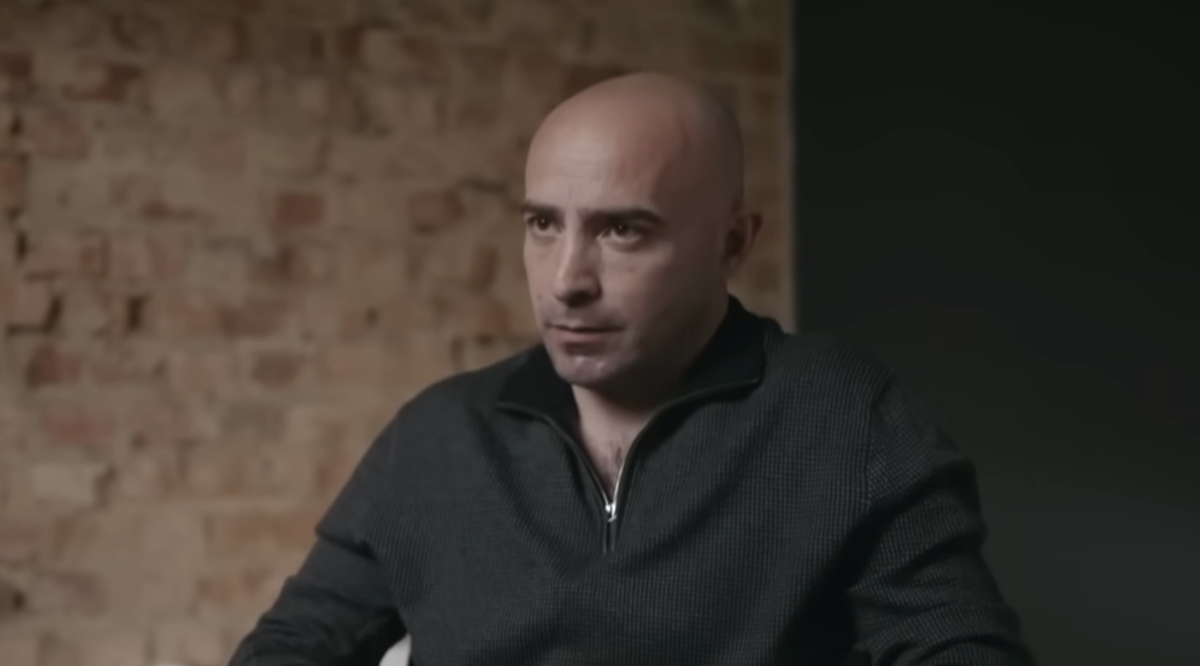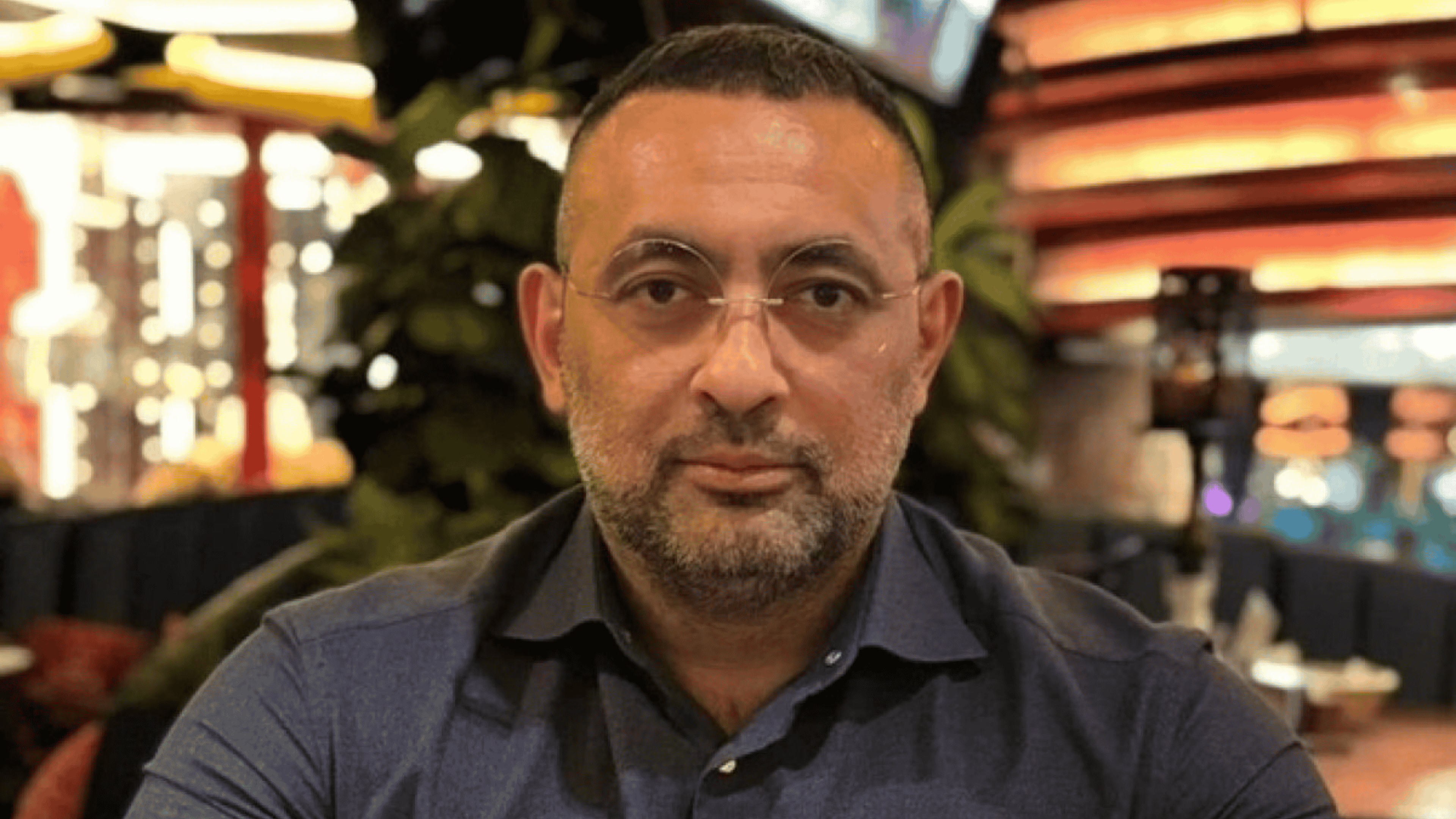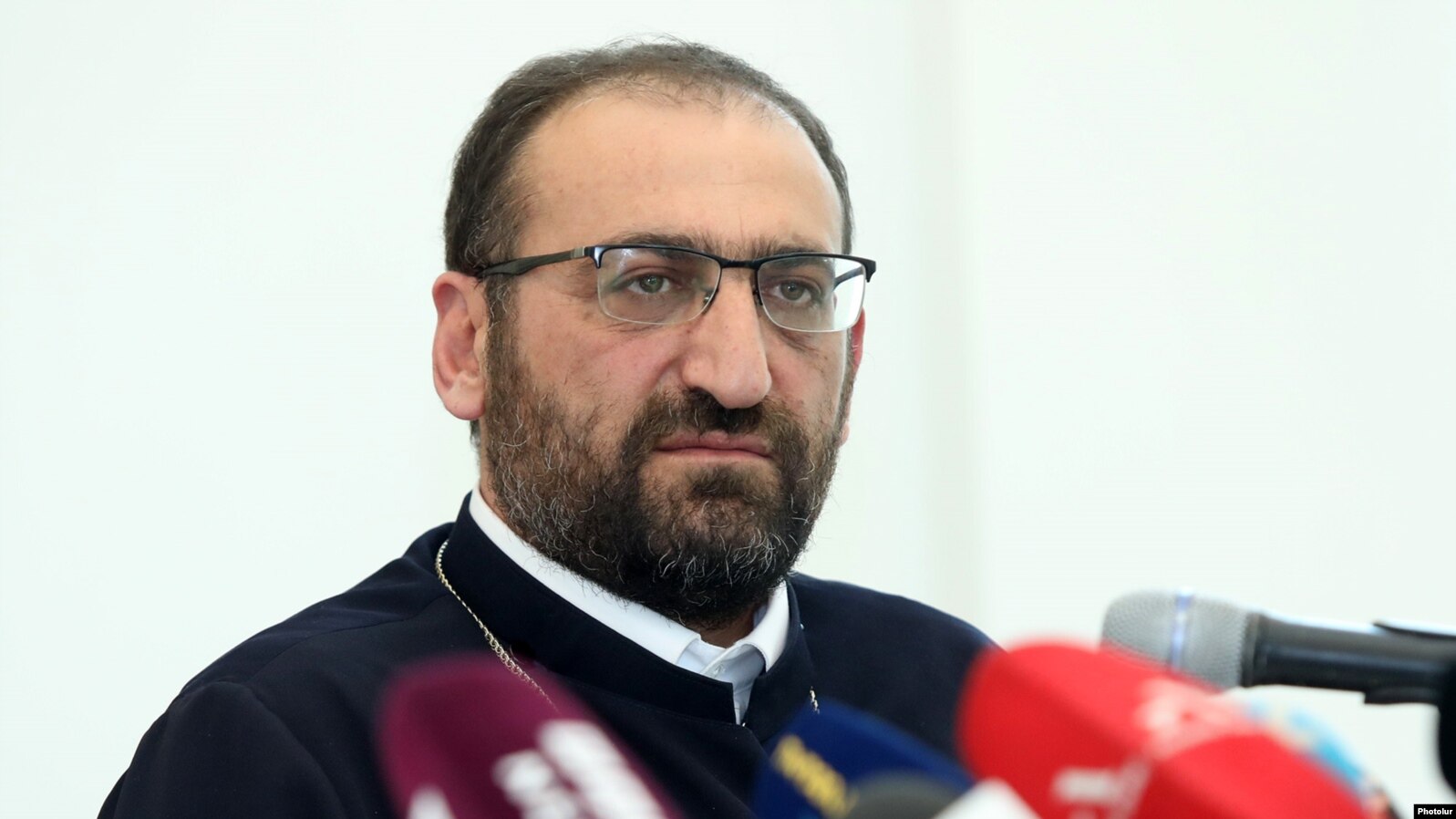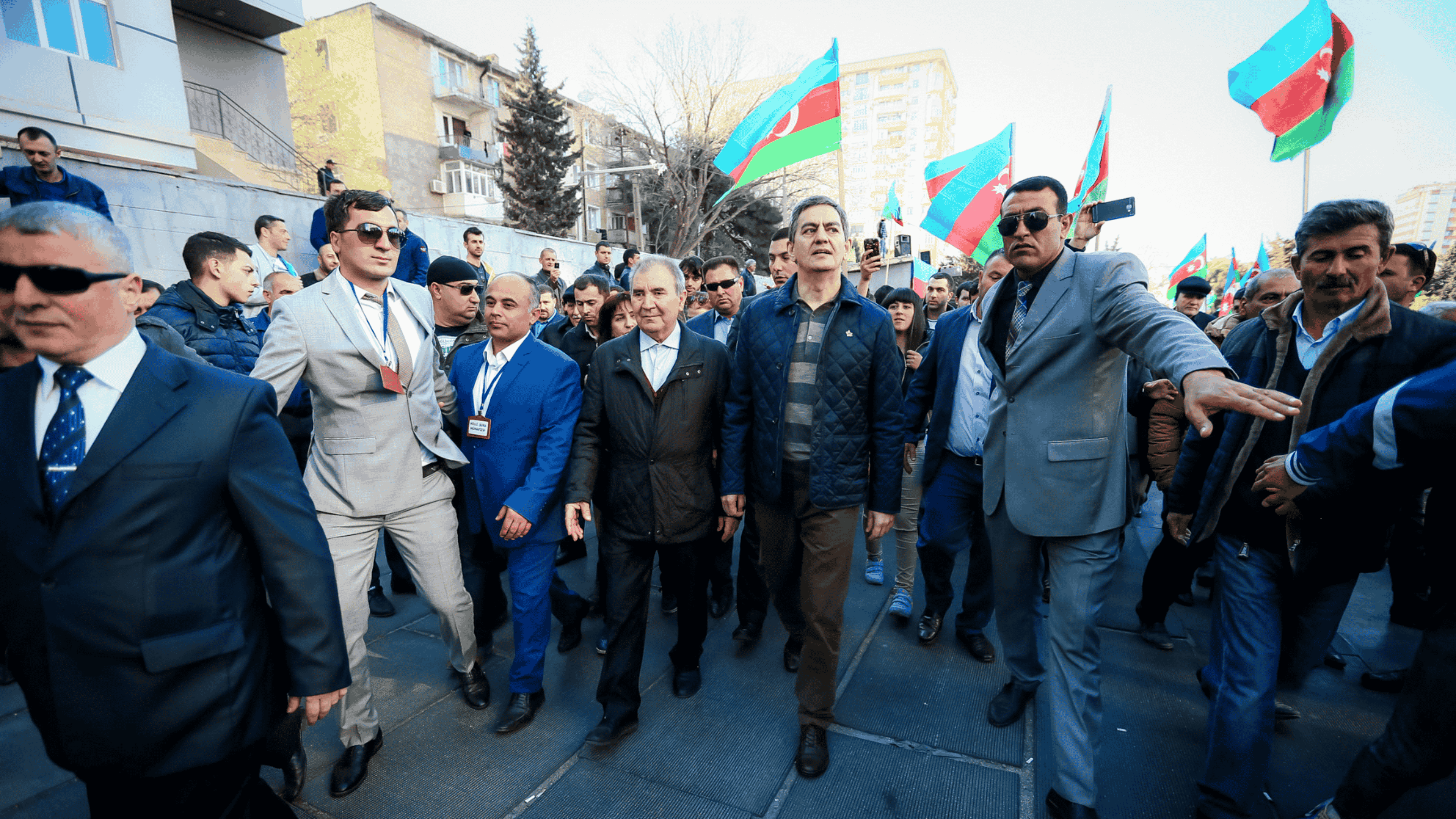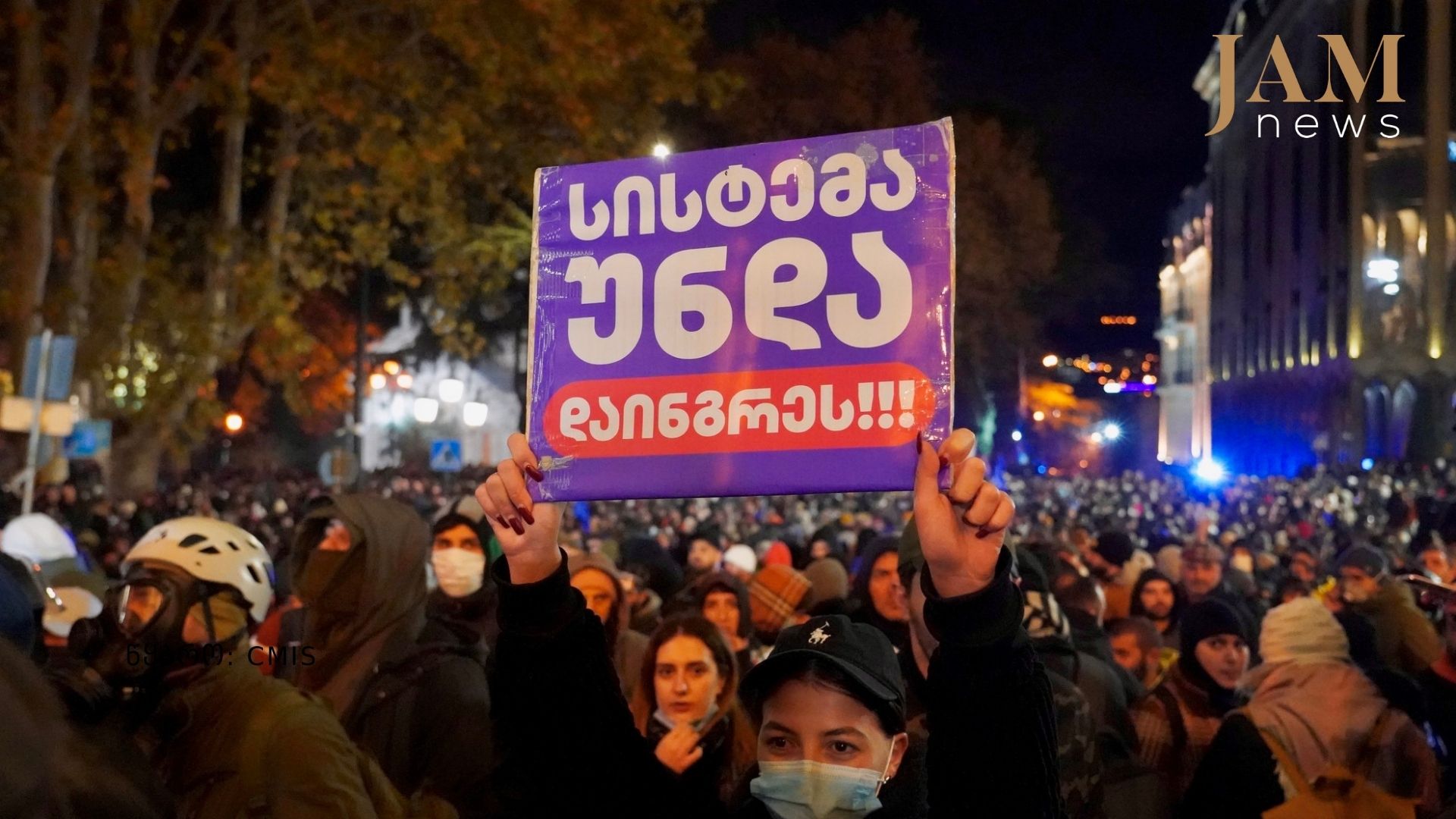Armenia decriminalizes “grave insults”
Decriminalization of grave insults in Armenia
Armenia criminal liability for “grave insults”. This provision will not be included in the new criminal code, which will come into force on July 1. This was stated by the Minister of Justice of Armenia Karen Andreasyan.
According to him, criminal liability was introduced “to stop the shameful, unacceptable behavior of certain groups and individuals in the context of the polarization of society.”
Experts believe that the government has realized its mistake, and this has nothing to do with the change in the situation in Armenia, but is the result of pressure from international partners.
- Freedom House calls on Armenian parliament to repeal ‘Grave Insult’ law
- Why freedom of speech remains questionable in post-revolutionary Armenia
- Freedom House: Elections are free in Armenia, media is not
Punishment – from a fine to arrest
On July 30, 2021, the Armenian parliament adopted a law criminalizing insulting persons engaged in “public activities”.
“Grave insult”, that is, swearing, insulting a person in other ways, according to the news article, provided for a fine in the amount of 100,000 – 1,000,000 drams [at the exchange rate of that time, about $205-2,050].
If the swearing was public or was published on the Internet, was associated with the public activities of a person, then the fine was from half a million to a million drams [at the exchange rate of that time, about $1,025-2,050] could be imposed.
By public activity, the authors of the law meant journalism, the performance of official duties, public service, and public or political activity. Moreover, a harsher punishment was envisaged if the insult was addressed to the “elected individuals” – that is, politicians, journalisst, public figures or civil servants.
If the insult to the same person would repeat, the punishment involved not only a fine of one to three million drams [at the exchange rate of that time about $ 2,050-6,150], but also a prison term from one to three months.
“A move against independent media”
The article on the criminalization of grave insult was severely criticized by international organizations.
At the beginning of the year, the Parliamentary Assembly of the Council of Europe adopted a resolution demanding that the provision be repealed.
In February 2022, the international human rights organization Freedom House called on the Armenian parliament to repeal the article.
In its reports, this human rights organization has repeatedly emphasized that Article 137.1 of the Criminal Code jeopardizes Armenia’s achievements in the field of democracy and law. In its annual “Nations in Transit” report, Freedom House called the article “a move against independent media.”
However, the Armenian government announced that it considers the provisions of the article to be appropriate, since “there is an abuse of the right to freedom of speech in Armenia”.
This view was not shared by journalistic and human rights organizations, as well as by human rights advocates.
Arman Tatoyan, who was still an ombudsman at the time, described it as “one of the most unacceptable articles”, stressing that “the authorities are abusing their ability to restrict human rights”. He argued that the project was created for political reasons, with no regard for human rights. He even challenged the constitutionality of the article, but the Constitutional Court recognized the article on “grave insult” as corresponding to the main law of the country.
“The provision of the law will be repealed”
Minister of Justice Karen Andreasyan announced the cancellation of the article criminalizing grave insults on Facebook. According to him, discussions with the participation of the Prime Minister led to the following conclusion:
“The government has come to the conclusion that in the agenda of further democratization, even the legal restriction of freedom of speech should be implemented without criminal prosecution”.
The minister recalled that criminal liability was envisaged “in conditions of deep polarization of society.” This refers to the political crisis and polarization of society that followed the snap parliamentary elections held in Armenia in June 2021.
However, Karen Andreasyan did not say what led to a change in the position of the government, or whether the authorities believe that the situation in the country has changed.
According to the Minister of Justice, the current provision on civil liability of “violators of freedom of speech”, which provides for compensation of up to three million drams [about $7,280], will remain.
What will happen to the verdicts that have entered into force?
According to official statistics, to date, more than 800 criminal cases have been initiated under the article on grave insult.
More than 50 cases are already in court. Verdicts have already been issued in six cases, and some of them have already entered into legal force.
The Minister of Justice did not say what would happen to the verdicts that had entered into force.
Expert commentary
The adoption of the article “was aimed more at the self-defense of the political elite”, says Shushan Doydoyan, head of the Freedom of Information Center:
“If there was only this project, perhaps I would not give such an assessment. But this was only one of the initiatives that followed one another or were developed in parallel. When you look at the picture as a whole, you understand that all of them are aimed at protecting the ruling political force, its individual representatives, and especially its elite from criticism.
According to the expert, the political elite is still in need of self-defense, but was forced to retreat under strong external pressure:
“International monitoring bodies have declared that this article is incompatible with a country that has declared its democratic development”.
By external pressure, Shushan Doydoyan means international organizations – the Council of Europe, the OSCE, as well as human rights and journalistic organizations. In her opinion, the civil society of Armenia also had an impact on the process, albeit to a lesser extent.
The media expert recalls that insult was decriminalized in Armenia back in 2010, so the introduction of criminal liability for grave insult in July last year was a de facto regression.
According to her, the monetary compensation provided for by the civil code is sufficient, there is no need for additional legal regulation, since “arbitrary, prohibitive norms in the long term harm are more than enough to solve the problem”.
As for the six verdicts so far, according to Shushan Doydoyan, “laws that offer more favorable conditions usually have retroactive effect”. But the government is yet to announce its solution to the issue.
“Now there is also the issue of restoring the good name, honor and dignity of the convicts. Perhaps they should declare their right to demand compensation”, the expert says.















